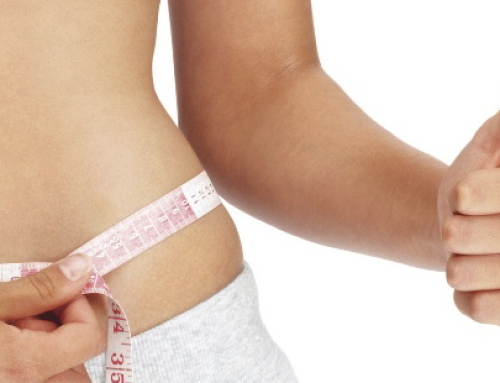Muscle weighs more than fat – FALSE
Muscle tissue is denser than fat, however one pound of fat is the same weight as one pound of muscle. Adding more muscle to someones frame will add compacted tissue making you look smaller and more toned, despite whether their weight has changed or not.
Muscle turns to fat if you stop exercising – FALSE
Muscle and fat are made of two entirely different molecules and are independent of each other. When people stop exercising they tend to lose muscle, which in turn lowers your metabolism resulting in fat gain.
Lifting lighter weights allows you tone without adding bulk – FALSE
Muscles can only respond when information is given to them. Overloading the muscle is essential to make changes in the body. Without a strong enough signal to change the muscle is happy to stay the way it is.
If you lift heavier weight with sufficient intensity and good technique, you will create more microscopic tears in the muscle. When the muscle recuperates, it will become tighter and stronger.
A woman will get muscles as big as a man if she lifts heavy weights – FALSE
Women have approximately ten times less testosterone than men do. Testosterone is essential for building muscle mass. Unless a women takes anabolic steroids, growth hormones or other size enhancing drugs, their muscles will never reach the size that men do, even if lifting the same load in the gym. Women can however achieve a more lean, toned and tight figure by doing regular resistance training exercises.
The best way to lose fat is to reduce calories intake – FALSE
Your body is an amazing machine that has continually evolved for over two million years.
The human body lasting this long proves we are naturally programmed to survive. One survival mechanism is the storage of excess energy in the form of fat, in case famine occurs. Eating little or infrequently sends a signal for the body to retain fat for energy instead of burning it.
Calories are the only thing that count when trying to lose body fat – FALSE
In 1890 Scientist Wilbur Atwater came up with the idea of burning food in order to estimate the amount of energy they released. The energy produced from these experiments was then quantified into units called calories. Many experts would say fat loss is simply a case of reducing energy input and increasing energy output. But, this fails to recognise the fact that the body processes each food type in a different way. The effect carbohydrates have on the body differs to the effects protein, fats or fibre have. Knowing how each food group can effect you, will help you understand what you need to eat and when.





